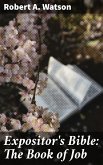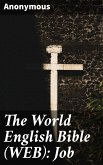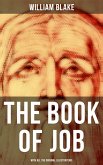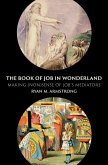The Book of Ayub, often referred to in the Western canon as the Book of Job, is a profound exploration of human suffering, divine justice, and the nature of faith. Written in a literary style characterized by poetic dialogue and rich imagery, this work emerges from the ancient Near Eastern context, reflecting deep philosophical questions through the struggles of its titular character, Ayub. Unlike conventional narrative structures, the text employs a unique combination of prose and poetry, which serves to heighten the emotional weight of Ayub's plight and his conversations with friends and God. The thematic depth of the text invites readers to grapple with theodicy and the complexities of genuine piety amidst suffering. The authorship of this book remains anonymous, a choice that underscores the universality of its themes. The cultural and historical milieu in which this text was composed likely influenced its exploration of righteousness and the human condition, resonating with collective experiences of loss and tribulation. This ambiguity allows the text to transcend its specific origins, engaging readers from various backgrounds in a timeless dialogue regarding faith in adversity. Readers seeking insight into the nature of suffering and the intricacies of faith will find The Book of Ayub a compelling and enriching read. Its relevance spans cultures and epochs, challenging us to confront our understanding of righteousness, justice, and human resilience. This timeless classic remains an essential text for those who wish to delve deeper into the profound questions of existence and the trials of the human spirit.
Dieser Download kann aus rechtlichen Gründen nur mit Rechnungsadresse in A, B, BG, CY, CZ, D, DK, EW, E, FIN, F, GR, H, IRL, I, LT, L, LR, M, NL, PL, P, R, S, SLO, SK ausgeliefert werden.









